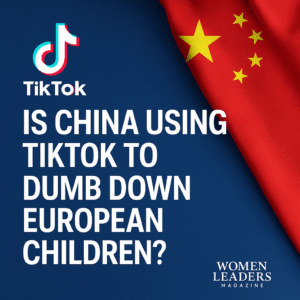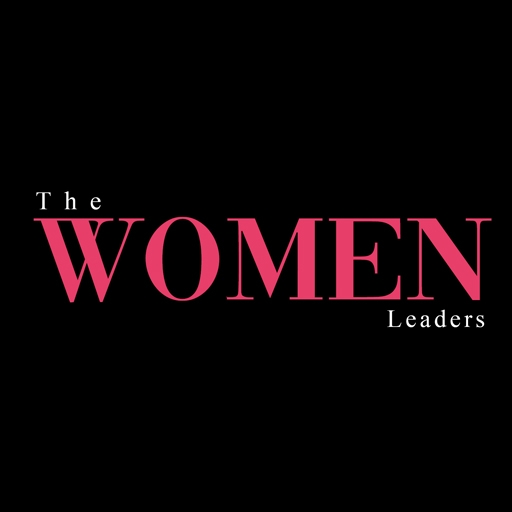
EU Moves to Regulate AI-Powered Hiring and Workplace Monitoring Tools

April 15, 2025: The European Union is finalizing new regulatory requirements targeting AI systems in hiring, employee monitoring, and workplace decision-making under the broader framework of the EU AI Act. These tools, categorized as high-risk applications, will be subject to mandatory compliance obligations before deployment within the EU market.
Recruitment algorithms that screen CVs, rank candidates, or conduct AI-led interviews require documented transparency, human oversight, and demonstrable fairness. Employers and HR tech providers must provide evidence that their systems do not result in biased outcomes based on gender, ethnicity, age, or other protected characteristics. Systems that fail to meet standards may be barred from use or lead to penalties of up to €35 million or 7% of global turnover.
AI-powered workplace surveillance—such as productivity tracking, keystroke logging, facial recognition for attendance, or behavioral analytics—must also meet strict criteria to justify necessity, proportionality, and data minimization. Workers must be informed in advance of any automated monitoring and have clear rights to contest decisions made solely by algorithms.
The legislation addresses a growing gap between technological adoption in the workplace and existing privacy and labor protections. Several European investigations have uncovered cases where algorithmic decision-making tools were used to evaluate performance or trigger disciplinary action without adequate human review, raising legal and ethical concerns.
Startups and software vendors providing AI-based HR platforms will be required to conduct conformity assessments and maintain audit trails. Open-source models and off-the-shelf tools integrated into enterprise workflows won’t be exempt. National authorities and the newly formed European AI Office will oversee enforcement and implementation support.
Several labor unions and digital rights groups have pushed for further restrictions, particularly on real-time surveillance and automated behavioral scoring, calling such tools incompatible with EU labor norms. Business lobbies have warned against regulatory overreach, arguing it could stifle innovation in HR tech and add compliance burdens on SMEs.
Final implementation is expected in phases beginning in 2025, giving providers a limited window to align technical and legal standards with the new regime.
EU Moves to Regulate AI-Powered Hiring and Workplace Monitoring Tools

Switzerland rejects compulsory service for women and tax for the super-rich
Switzerland rejects compulsory service for women and tax for the super-rich in a decisive double referendum, voting overwhelmingly against gender-neutral national service

Is China Using TikTok to Dumb Down European Children?
Is China using TikTok to dumb down European children? A detailed fact-check compares TikTok and Douyin, revealing real differences but no proven coordinated strategy.

US and Russian Crew Safely Dock With ISS for Eight-Month Mission
US and Russian crew safely dock with ISS for eight-month mission, joining Expedition 73 to support microgravity research, spacewalks and future exploration technologies.

Paris Protesters Demand Action Amid Surge in Gender-Based Violence in France
A surge in gender-based violence in France triggers mass Paris protests demanding stronger laws, faster justice, specialised courts,



















